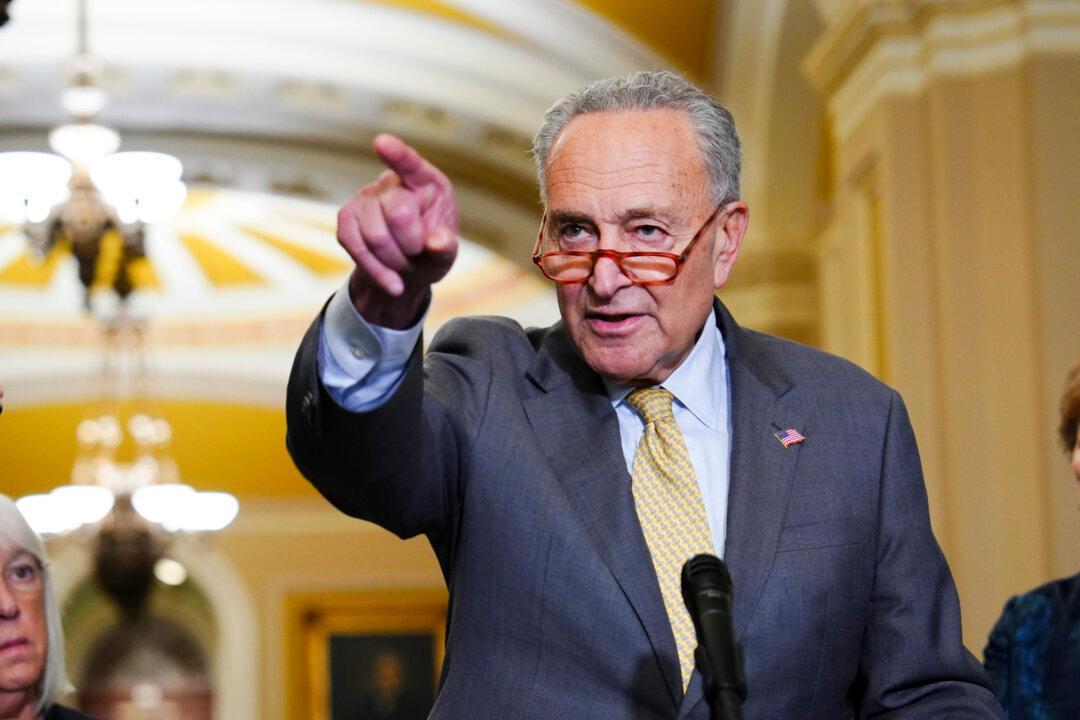The Senate voted Tuesday to move forward with a stopgap measure to stave off a government shutdown as House leadership focused on passing spending bills.
The Senate voted 77–19 to invoke cloture on a motion to proceed to a bill reauthorizing the Federal Aviation Administration (FAA) through fiscal year 2028. The bill, already passed by the House, is leadership’s intended vehicle for a continuing resolution (CR) to extend government funding while 2024 budget negotiations play out.





